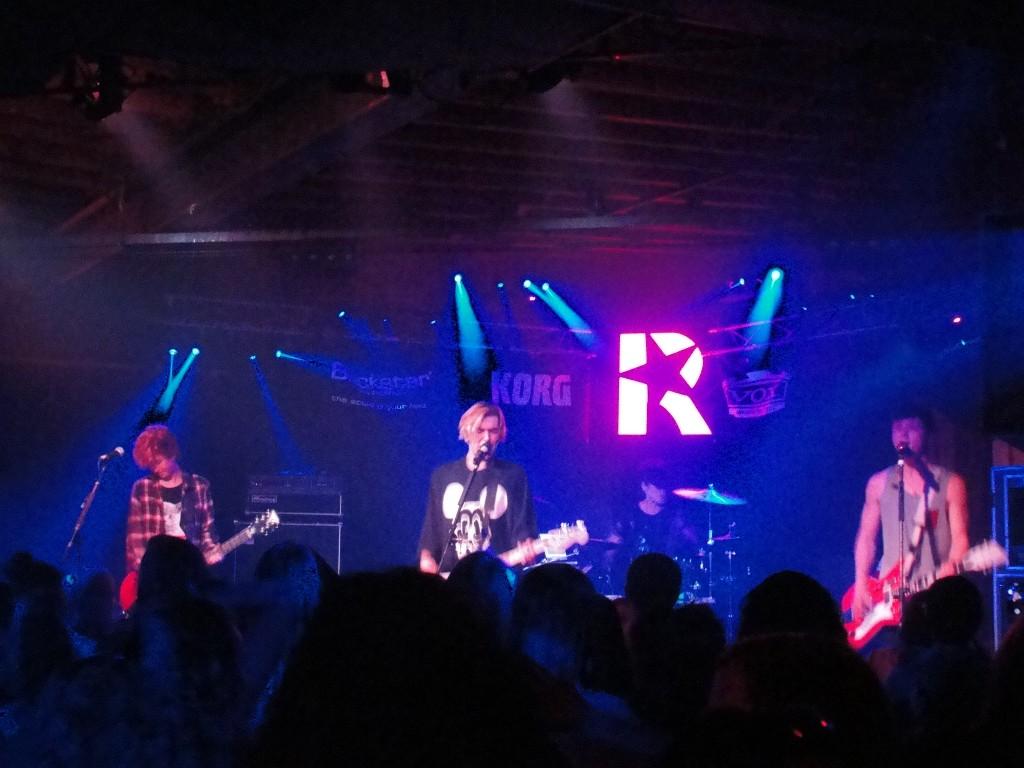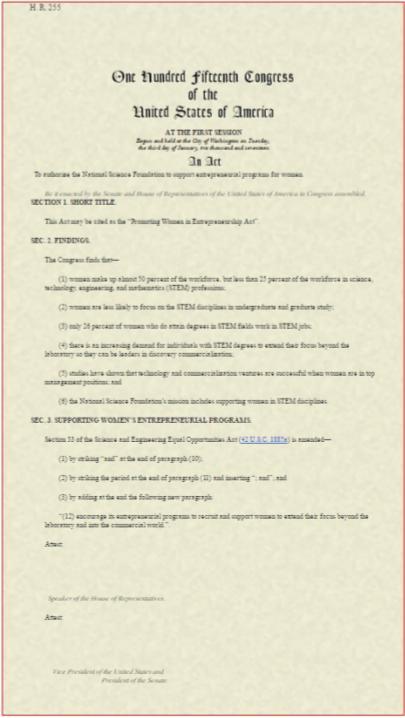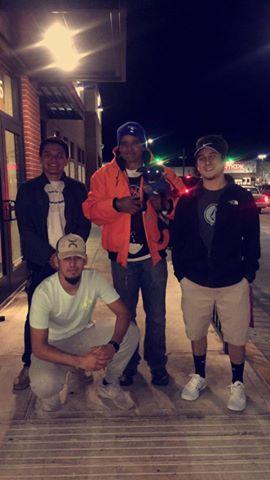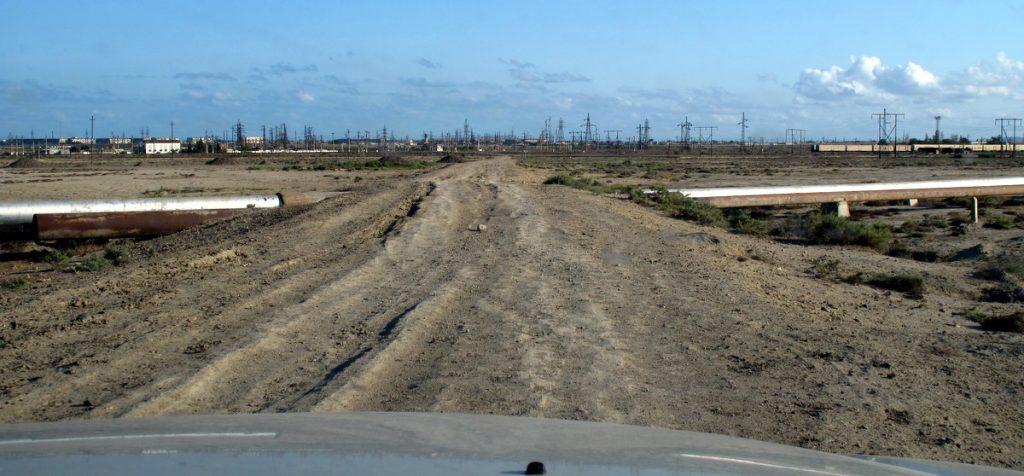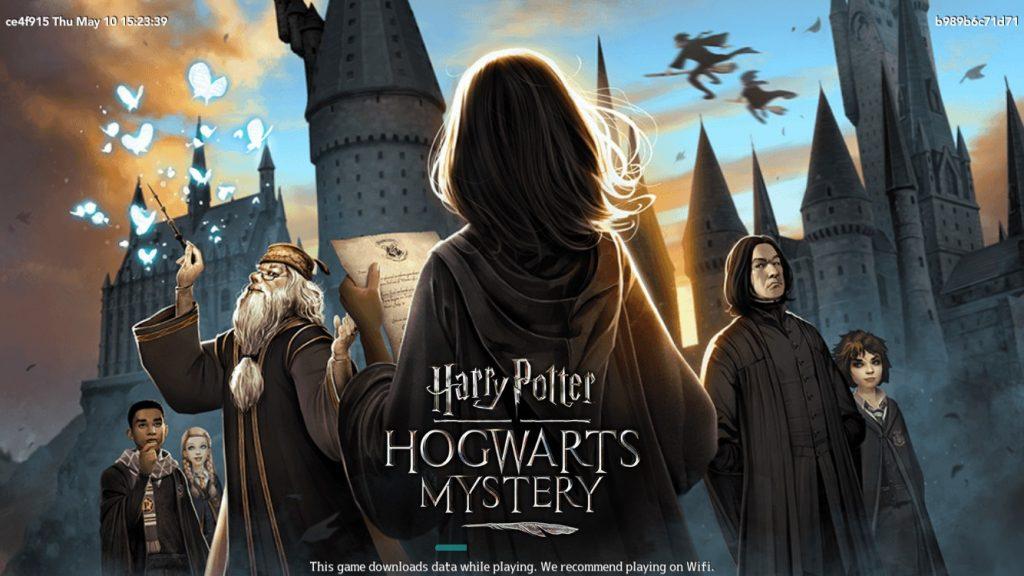by Adva Fuchs, Co-Editor and Chief

On college campuses around the country, rape has become the most common violent crime with one occurring every 21 hours. However this statistic may be grossly understated when only ten percent of women who were raped, actually reporting the event to the police.
In July of 2014, the Senate got involved in the rising number of campus rapes by passing the Campus Accountability and Safety Act (CASA). This act is currently fighting against campus sexual violence, as well as holding colleges and universities personally accountable for their students actions and against federal law.
This Passing of the CASA has brought forth an additional rise in activists groups across the country. Many of these groups work to protect a woman’s rights and physical/emotional wellbeing. Many women in America think that they are at fault in a violent sexual situation because of their use in an illegal or alcoholic substance.
“If this isn’t spoken about, nothing will be done to fix it…The rapist is to blame, it’s no one else’s fault but theirs. Just because she was too drunk doesn’t mean she wanted it. Just because too much cleavage or thigh was showing doesn’t mean she was “asking for it”. I think it’s…insane how drug dealers get sentenced more time in jail than rapists…people are actually asking for drugs, nobody asks to be raped,” senior at Bayside high school Kaylyn Kelly said.
As a result, nine out of ten women won’t report their rape because they believe it was deserved. There are said to be no assault prevention programs that teach the emphases of “no means no” in colleges and universities which could help women and men distinguish when sexual encounter turns into assault.
Based on the fact that less than half of colleges and universities have these prevention programs, activists groups are stepping up to fill that void. Groups such as It’s On Us, Safer Campus, and RAINN (Rape, Abuse, and Incest National Network) provide victims of this abuse with student led campaigns run by volunteer collectives, so anyone can give a helping hand.
“It’s important that they raise awareness because it would make [students] more inform[ed]…when they go to parties, if they get drugged, they will know how to react and help them become aware and prevent it from happening,” junior Chris Stena said.
Safer Campus provides workshops, training, mentoring, as well as a growing resource library and network for students to help fight what is known to be a growing epidemic among the youth of America.
“It is important to help spread the word and invest time in…activist groups because without these groups women who are raped barely have a place to go to and what these groups are doing is providing help and counseling for those in need…and that are scared,” senior Nicole Albino said.


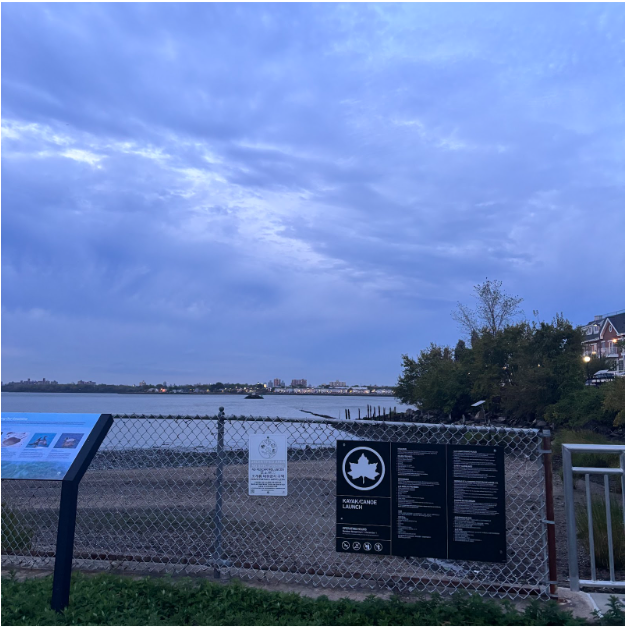

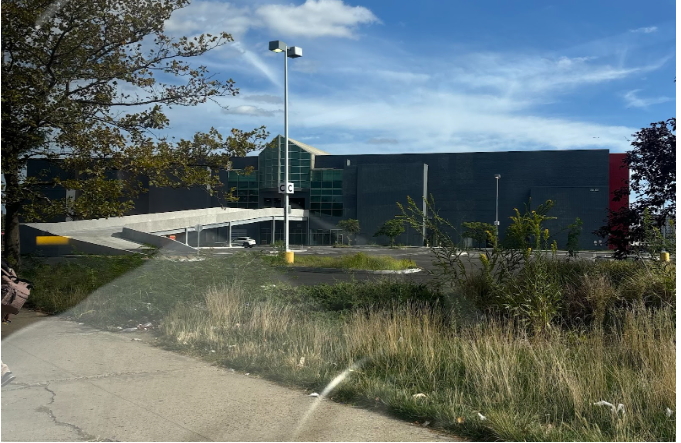


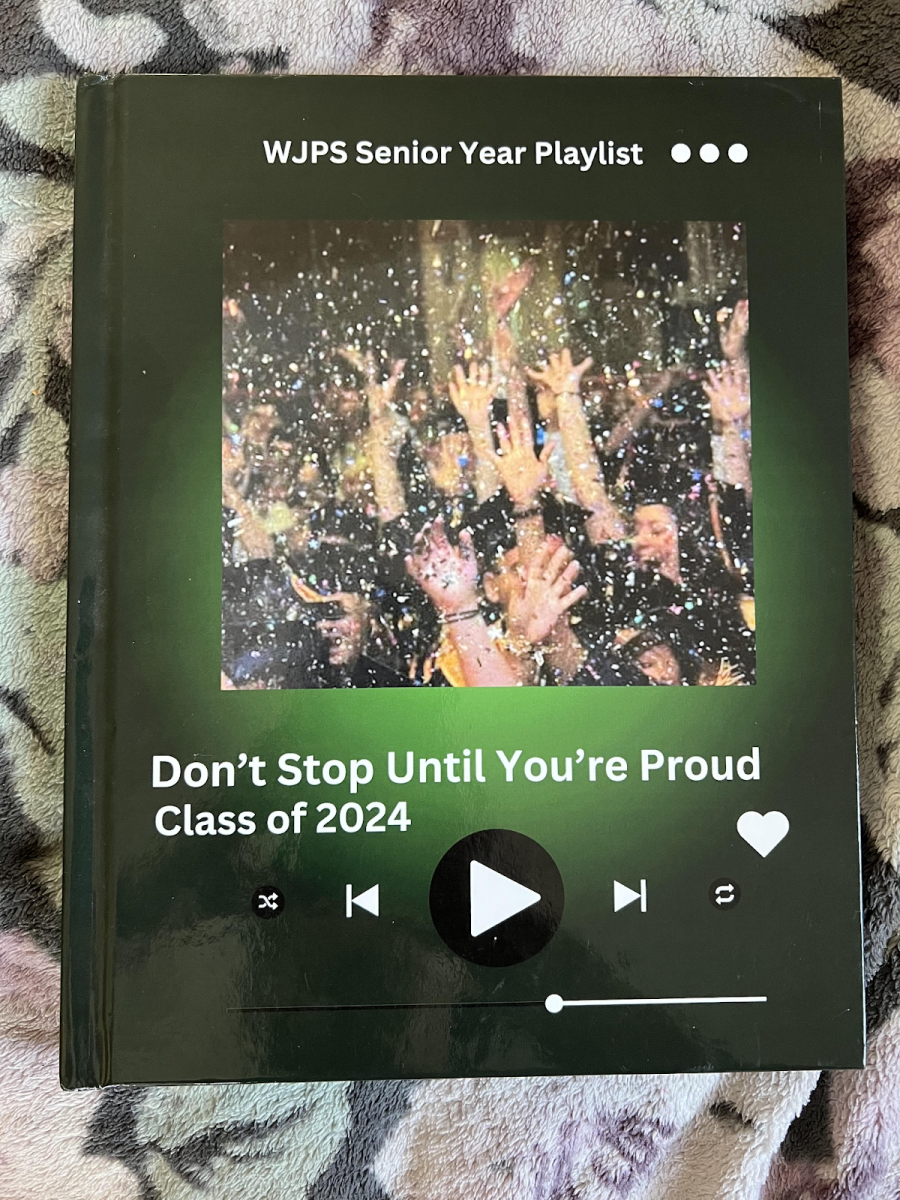

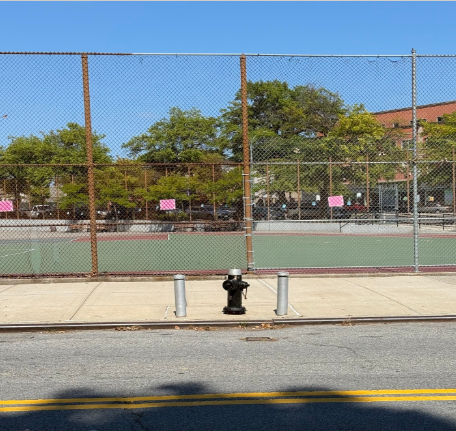
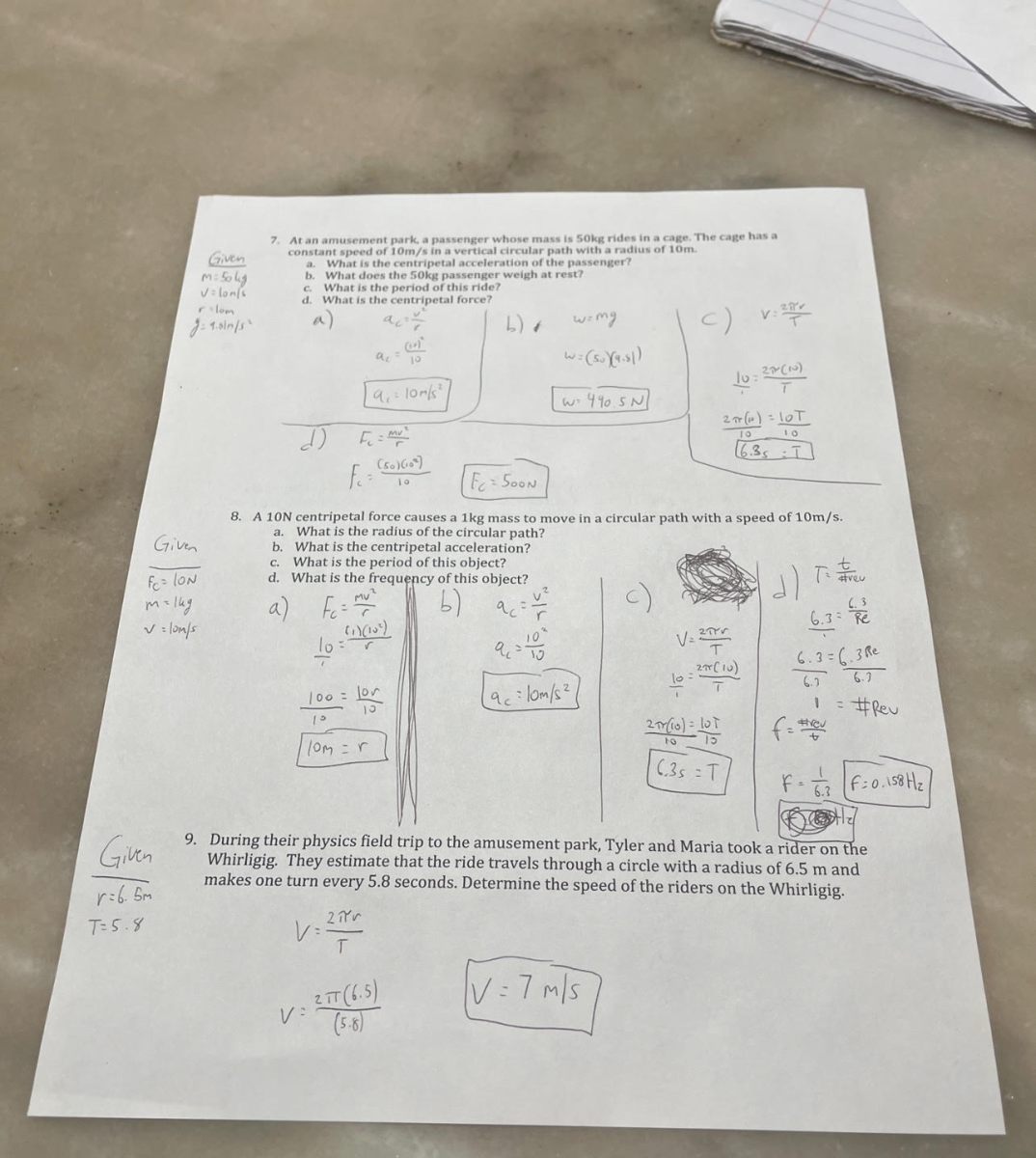
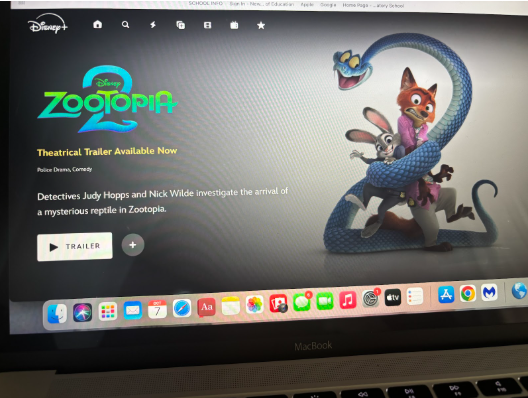
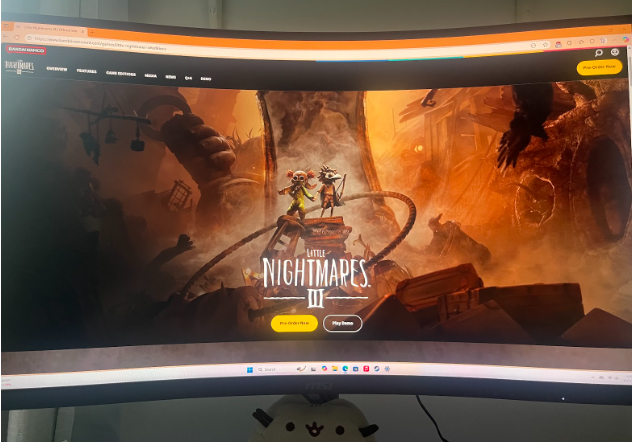

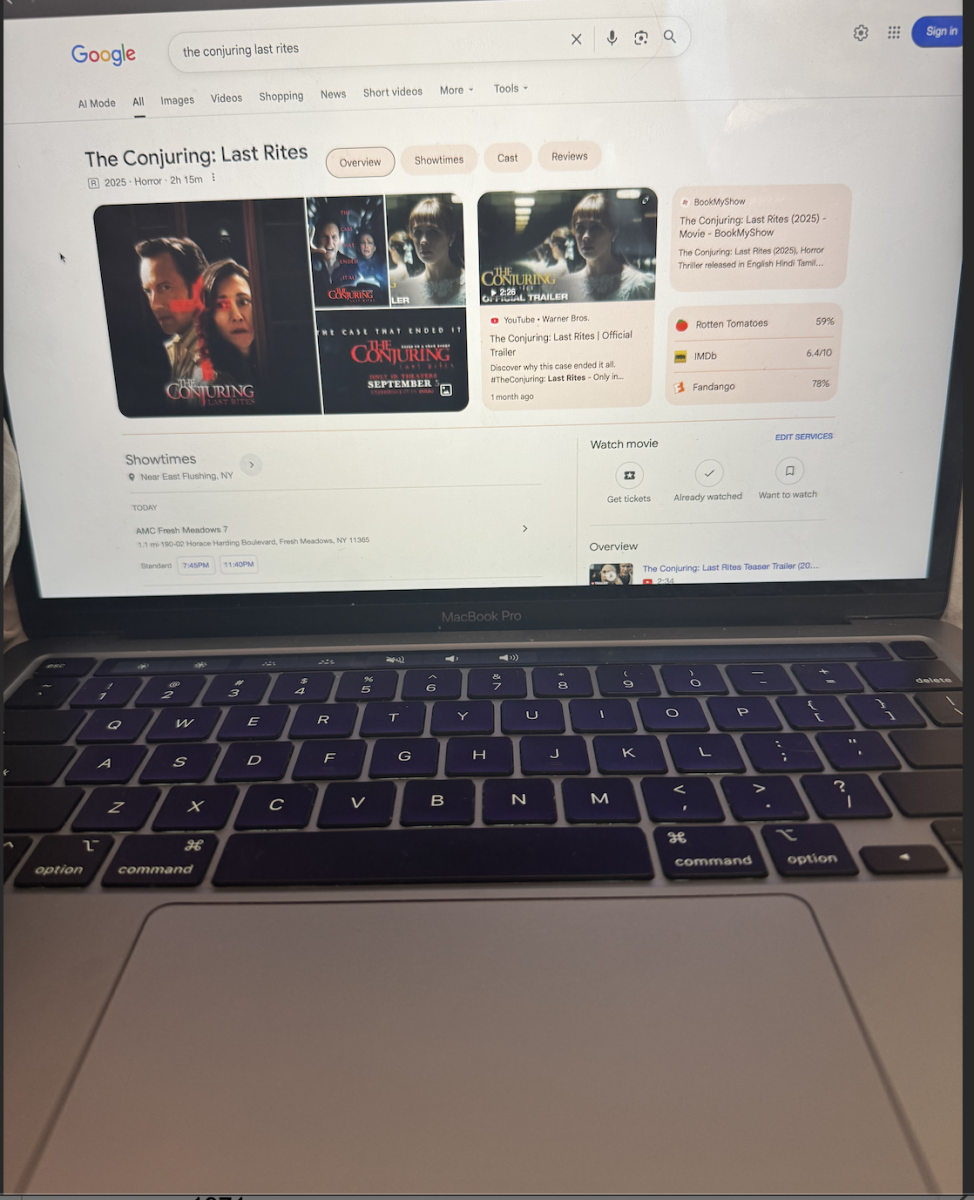
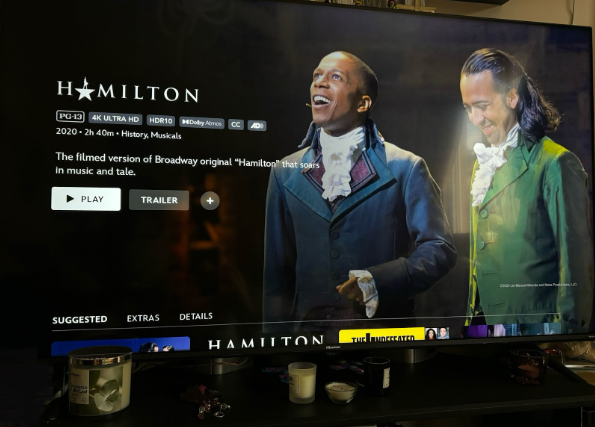











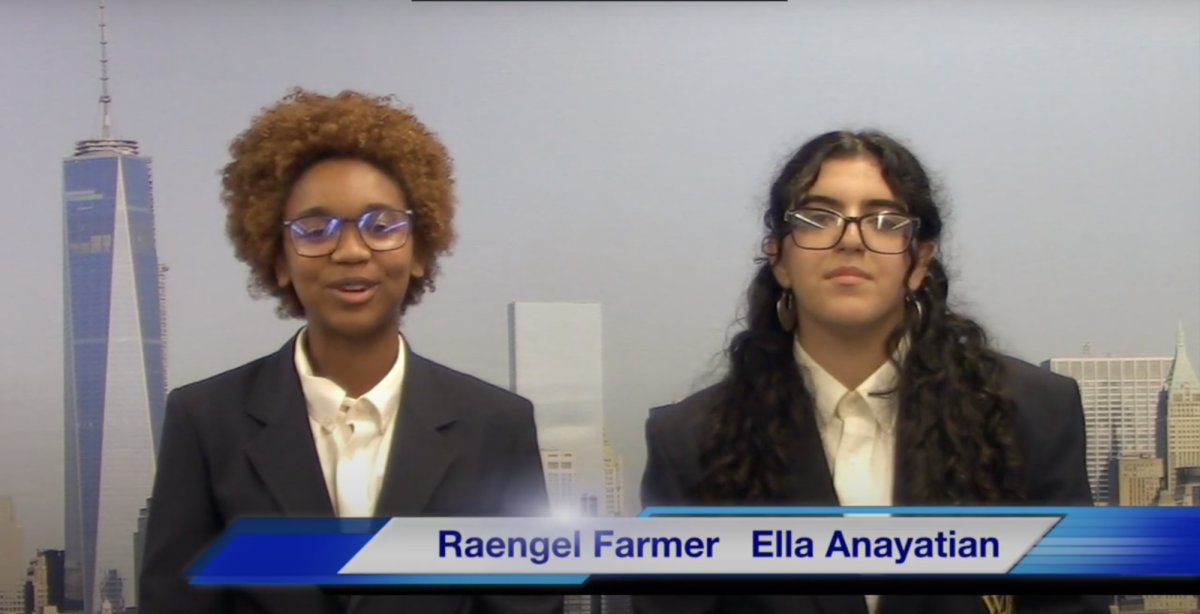




![“I agree the school lost its purpose, I left newspaper because I no longer had an interest and passion that I did once believe I had, the school’s more worried about student law court then what’s in the name in the school. [Which is journalism],” senior Christos Troumhis said. Photo attributions to Jon S.](https://wjpsnews.com/wp-content/uploads/2015/12/6276688407_12900948a2_z.jpg)


